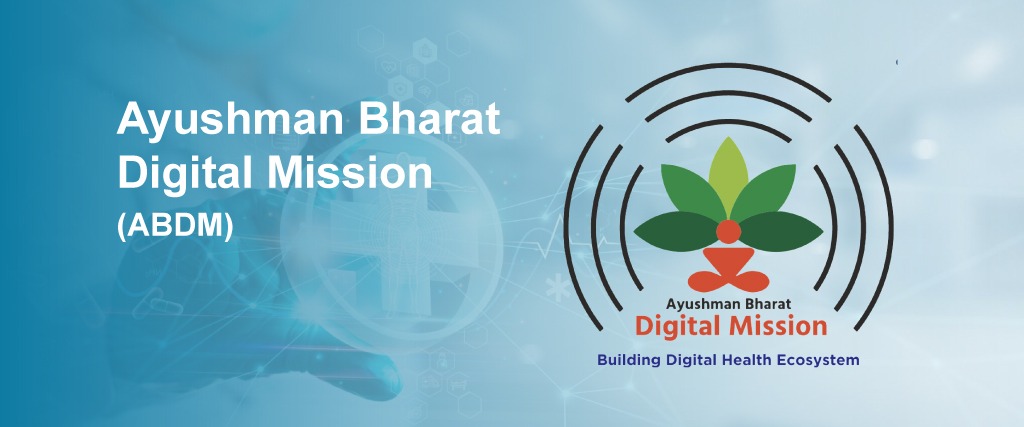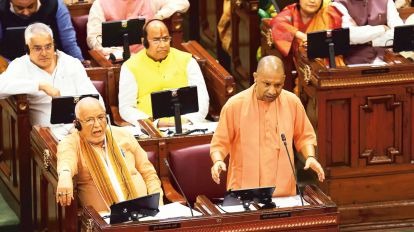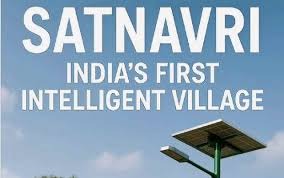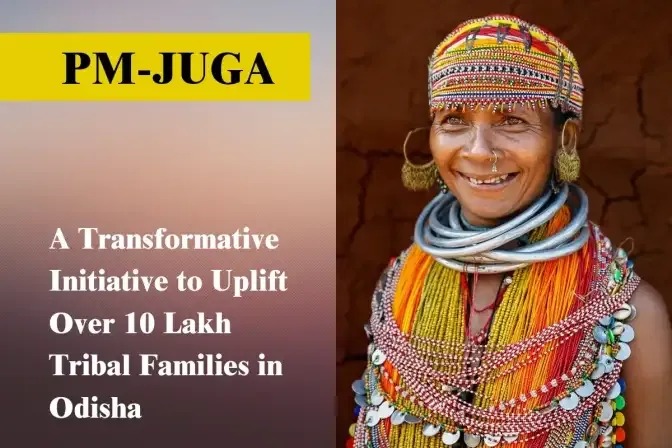 Image Source : Yugasa Bot
Image Source : Yugasa Bot
Key Highlights
-
Over 79.9 crore Ayushman Bharat Health Accounts (ABHA) created, linking more than 67 crore personal health records and enrolling nearly 6.8 lakh healthcare professionals and over 4.1 lakh health facilities.
-
The new e-Sushrut@Clinic HMIS, a cloud-based hospital management tool, marks a pivotal step in empowering small and medium clinics across India for digital adoption under ABDM.
-
ABDM prioritizes privacy and citizen-centric services, supporting secure consent-based sharing of digital health records and improving access, efficiency, and continuity of care nation-wide.
-
Collaboration between the National Health Authority and C-DAC signals accelerated innovation, with advanced decision-support tools for doctors now available free under ABDM-enabled software.
Building Blocks of the Digital Health Ecosystem
The ABDM infrastructure includes unique digital IDs (ABHA) for all citizens, a Health Facility Registry, a Healthcare Professional Registry, and now a comprehensive Drug Registry.
Registration on these platforms enables seamless sharing and retrieval of health information, thus reducing redundancies, avoiding repeated tests, and improving care coordination.
Inclusion of both public and private facilities and interoperability standards ensure rural and urban coverage, promoting equity.
Access, Security, and Control for Citizens
Individuals are empowered to control their digital health history, consenting to share records securely with chosen providers using their health ID.
Mobile, web, and offline accessibility—plus regional language interfaces—expand the reach even in areas with low connectivity or digital literacy.
ABDM’s open-source tools, like personal health lockers, allow citizens to store and access a lifetime of medical records, including prescriptions, test results, and vaccinations.
Empowering Doctors and Clinics
With the launch of e-Sushrut@Clinic, small clinics and solo practitioners can now securely manage and store patient data in the cloud, offering better diagnoses and streamlined workflows.
AIIMS Clinical Decision Support Systems (CDSS) are being integrated, providing critical point-of-care tools—such as free hypertension and diabetes management modules—for doctors using ABDM-compliant systems.
Transforming Healthcare for All Stakeholders
ABDM lays the groundwork for innovations like telemedicine, e-pharmacy, digital insurance, and public health analytics, bringing the vision of connected, patient-centered care closer to reality.
Government and states jointly oversee implementation, ensuring real-time monitoring through public dashboards and reporting.
Focused digital outreach promises to bridge divides—urban/rural, public/private—democratizing healthcare like never before.
Future Horizons: India’s Digital Health Vision
Ongoing developments include digital health awareness campaigns, increased onboarding of private providers, and expansion into allied health services.
The interoperable ecosystem is expected to unlock big-data research, epidemiological surveillance, and data-driven health policy.
As India embraces this health data revolution, ABDM stands as a blueprint for global digital health transformation, supporting not just efficiency but dignity, inclusion, and patient empowerment.
Source: Press Information Bureau, Ministry of Health and Family Welfare, NDTV, National Health Authority, The Week, SocialNews.XYZ
Advertisement
Advertisement





